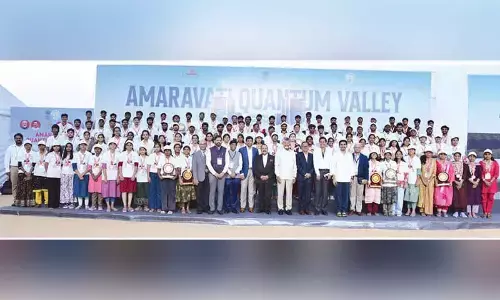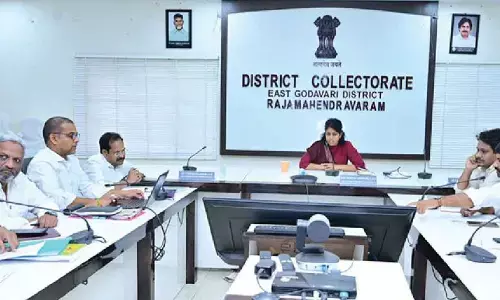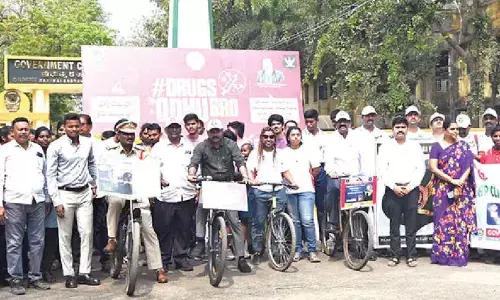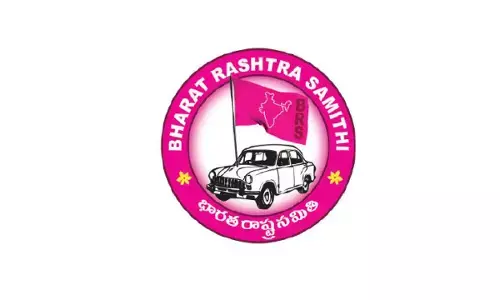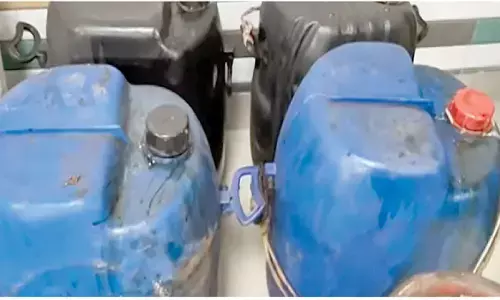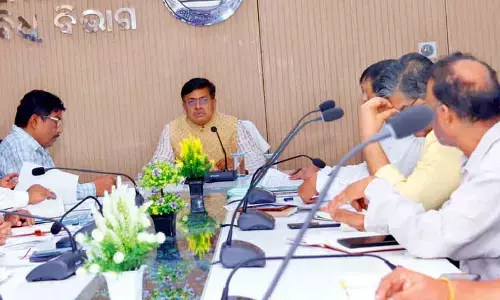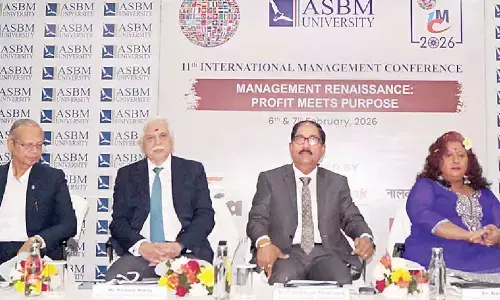Congress leader Jairam Ramesh caused policy paralysis: Prakash Javadekar
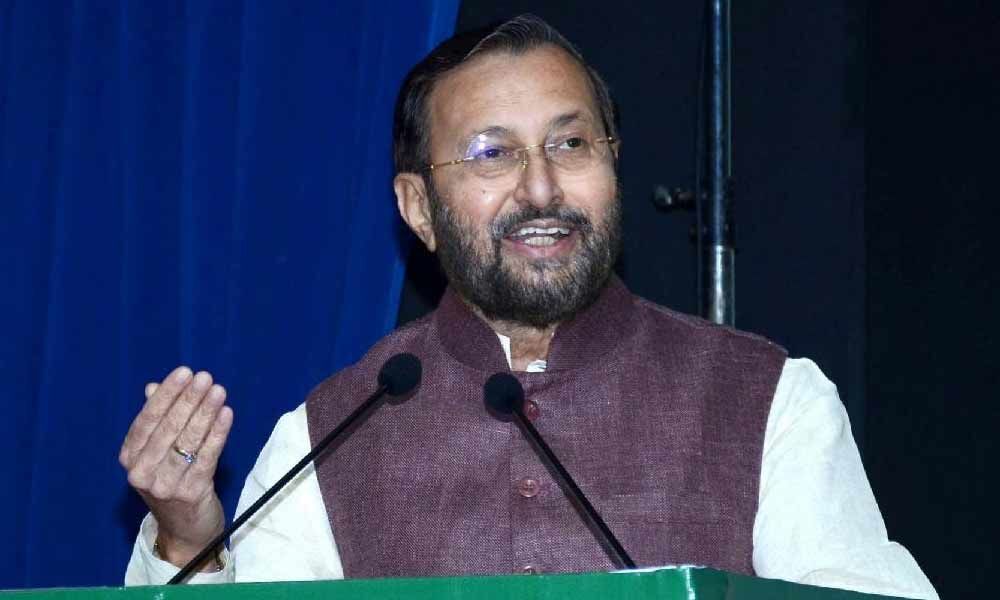
Union Minister for Environment, Forests and Climate Change Prakash Javadekar on Thursday took a dig at senior Congress leader Jairam Ramesh for being responsible for "policy paralysis" during the UPA II government.
New Delhi: Union Minister for Environment, Forests and Climate Change Prakash Javadekar on Thursday took a dig at senior Congress leader Jairam Ramesh for being responsible for "policy paralysis" during the UPA II government.
Referring to Congress leader Veerappa Moily's remarks chiding Ramesh for "policy paralysis," Javadekar said, "A decision that took 640 days to be reached during Ramesh's time as environment minister, now takes 100 days" adding that efficiency has been brought in along with environment protection.
Moily had on Wednesday held Ramesh responsible for the "policy paralysis" during UPA-II and for compromising on the principles of governance.
Javadekar said policy paralysis never allows sustainable growth.
"Decisive leadership gives real support and real momentum to the economy. This has been provided by Prime Minister Narendra Modi and even the world recognises that," he said addressing the SKOCH summit.
He added that people might not understand economics, but they believe that India will be able to achieve its goal of becoming a five-trillion-dollar economy by 2025 as leadership has a crucial role to play in shaping up country's economy.
"There will be challenges in economic conditions of the country. However, leaving aside the dogmas, the Modi government has the capability to take a strong leadership approach," he said while attacking the UPA government for not bringing any "real growth in the country".
"Zero corruption and low inflation are key to a sustainable economic development. From 2004 to 2014, 10-12 per cent of inflation was recorded every year. But that is not real growth. The real growth is visible now. One trillion dollars added in last five years is a growth because of low inflation," he said.
He stressed that infrastructure development is crucial to economic growth and hence the government has raised Rs 20 lakh crore every year for the infrastructure development.
"Economies become rich with infrastructure development," he said adding that agriculture, industries and service sectors were crucial to make India a five-trillion-dollar economy.
"There is no investment in agriculture sector as the farmers have no provision to earn profits every year. There is an urgent need to increase agricultural productivity, which is half of other countries. We need to improve our lands and quality of seeds, bring investment and technology and explore possibility of exports in agriculture sector. And hence, the government has taken a slew of measures to improve the sector," he said.
He said that India exports skills globally, but has limited progress in innovation. "We are contributors to innovation and not owners to innovation. This is why in the Budget we have talked about National Research Foundation to promote research and innovation," he said.
"Another thing is, how will we sustain our own innovation," he said adding it requires society and government's partnership.
"To strengthen the economy, this government not just has the intention, but the capability to take decisions to do so. A stimulus package by RBI is one such example," he said.
Terming GST as a revolutionary step, he said that it was this government that undertook the decision to introduce the country's own taxation system in form of GST.
"This has brought in transparency, made the tax compliance better, reduced corruption and hence slashed the rates. GST is the shining example of cooperative federalism," he said.
He said that good governance is extremely important for steering the country's economy in one direction.
"Globally, the countries that are developed have institutions built on strong foundations. From 2004 to 2014, these institutes which were misused are now emerging," he said.
Along with strengthening the institutions, achieving zero corruption is a huge success. "We have brought so much technology into the systems which has led to greater transparency. So much is the awareness about the online mechanisms in my own department that people are able to track which files are pending for over a week with which officer," he said.


